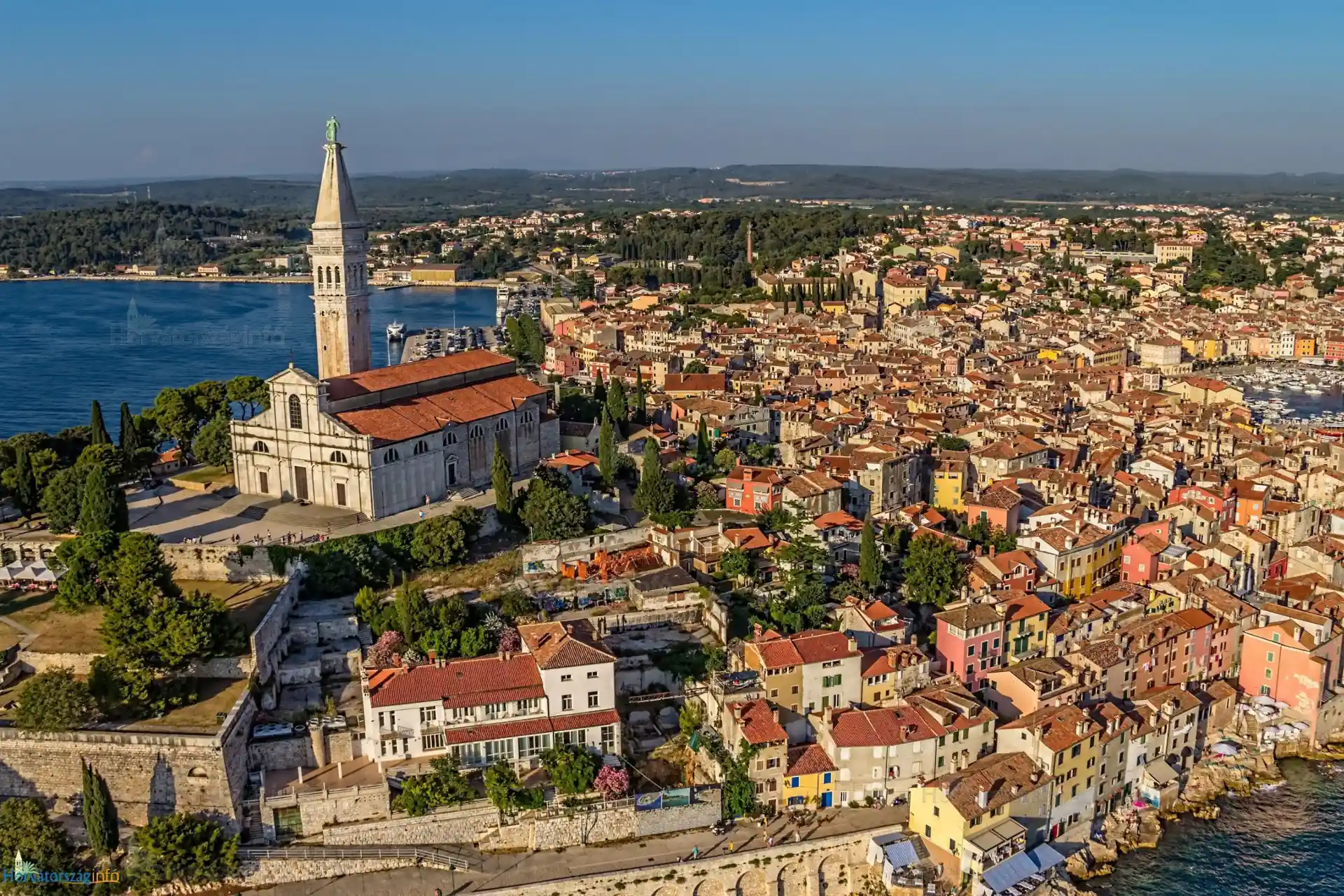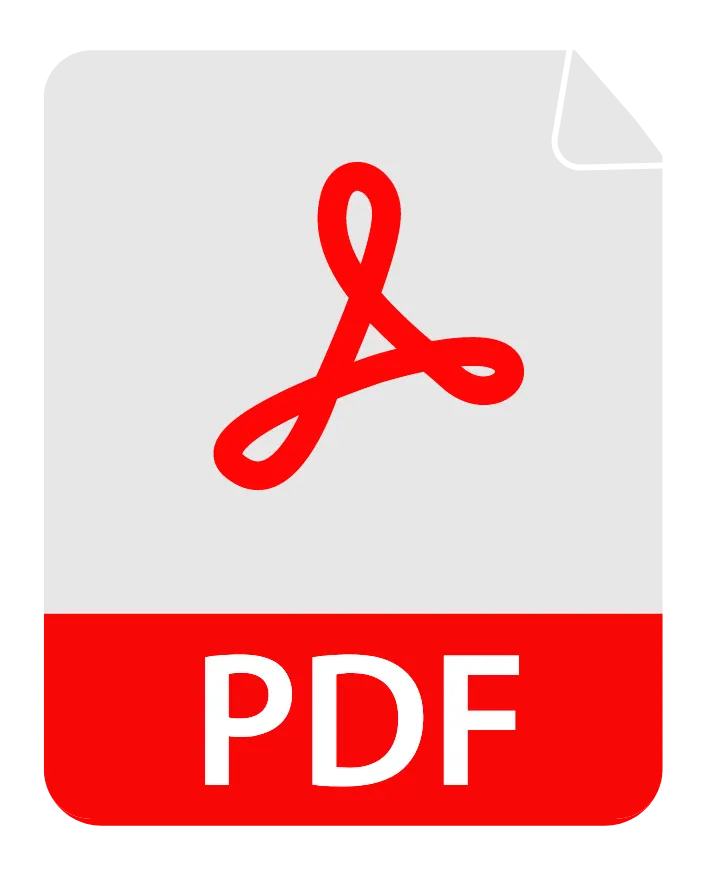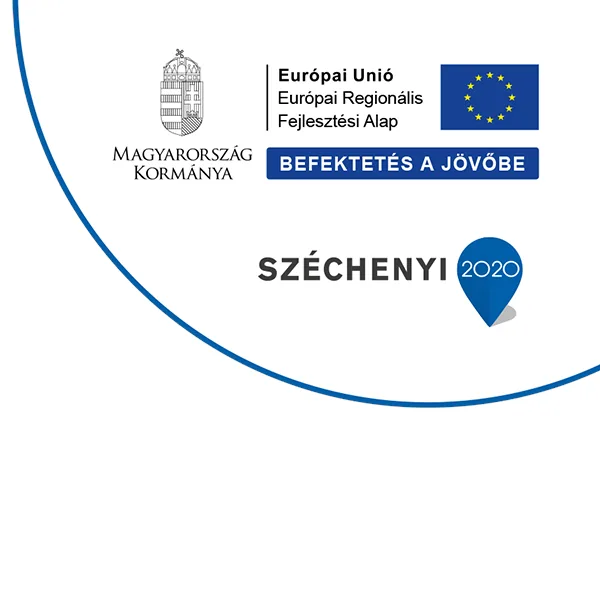- 21st-century learning shifts the emphasis from acquiring specific lexical knowledge to developing a more flexible ability to learn and to adapt in new situations.
- Learning is not limited to the language classroom but also continues throughout life (lifelong learning).
- You will familiarise yourself with approaches and techniques to develop your learners’ 21st-century learning skills: cooperation, critical thinking, communication, creativity and culture.
- You will have a chance to share and exchange ideas with your colleagues – an approach that can be applied and extended to your language classes.

Description
The central idea of 21st-century learning skills is that in today’s fast-changing world what students need is less about memorising particular pieces of knowledge (what they learn) and more about developing skills that help to acquire any new skill and to adapt flexibly to any new situation (how they learn). The core competencies identified as 21st-century learning skills are cooperation, critical thinking, communication, creativity, and culture. Also essential to the notion of 21st-century learning is that it is no longer restricted to institutional education, but that it continues throughout life. This course aims to highlight how applying the principles of 21st-century learning affects our teaching in the language classroom. Participants will explore techniques and strategies they can employ in supporting learners in developing flexibility and general learning skills. The course also offers a chance to participants to share ideas and experiences with colleagues through regular swap shop sessions aimed at exchanging tips and activity suggestions. By the end of the course, participants will have a clearer understanding of what 21st-century learning skills are, and how they are relevant to the language classroom as well as familiarise themselves with techniques to develop their own learners’ 21st-century competencies.
Learning Outcomes
Participants to the course will learn to:
- identify 21st-century learning skills and apply these to their teaching contexts;
- use strategies and techniques to build and maintain motivation and cooperative classroom dynamics;
- employ a wider range of approaches to group work and pairwork;
- understand the role of cross-curricular learning in the language learning process;
- promote their learners’ creativity and critical thinking;
- work more effectively with cultural and art content in English classes;
- reflect on the importance of supporting lifelong learning.
Audience
- Teachers & school staff: primary level;
- Teachers & school staff: secondary level;
- Teachers & school staff: adults;
- Teachers & school staff: vocational.
Minimum level of language: B2
Duration of training: 35 lessons, 7 days
Trainer: Zoltán Rézműves
Date: 12-18 July 2026
Location: Rovinj, Croatia
Price: EUR 595 until 31st December 2025, from 2026 the price will change.
This price includes: course, certificate, Erasmus+ documentation (if needed), welcome lunch or dinner, farewell cultural activity
Applicable funds: As part of the Erasmus+ Key Action 1 (KA1), all costs for mobility /travel expenses, course fees, accommodation, subsistence fee/ are covered by the fund.

Trainer
Zoltán Rézműves
English teacher, coursebook author and editor, teacher trainer
His career in English Language Teaching began in 1990 in a secondary school in Budapest (Teleki Blanka Gimnázium) while completing his studies in Teaching English as a Foreign Language (TEFL) at ELTE University of Budapest. He graduated with an MA in TEFL in 1993, writing his thesis on a critical analysis of the English school-leaving examinations in Hungary.
Kattintson a gombra, jelentkezzen!
Jelentkezem erre a képzésre!


